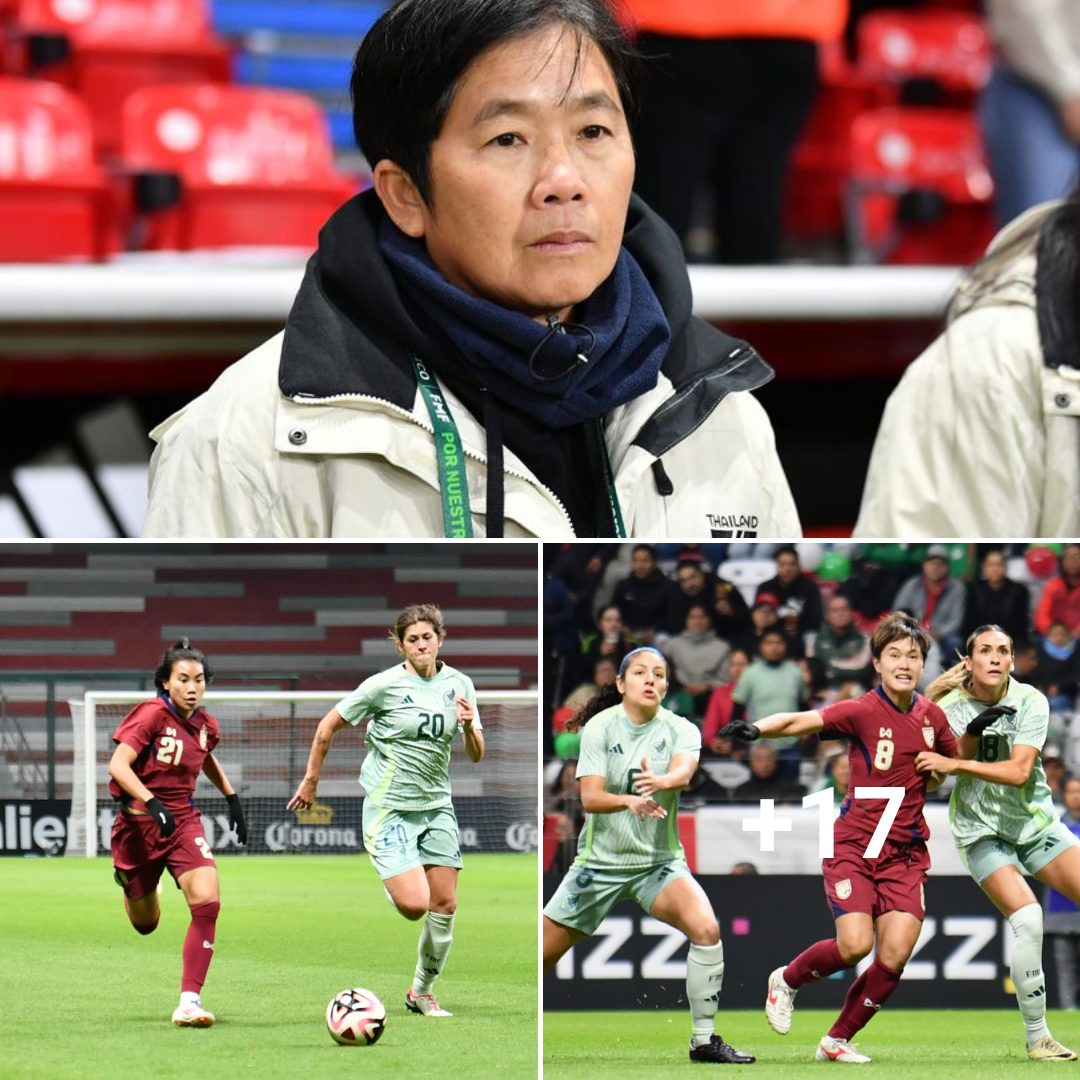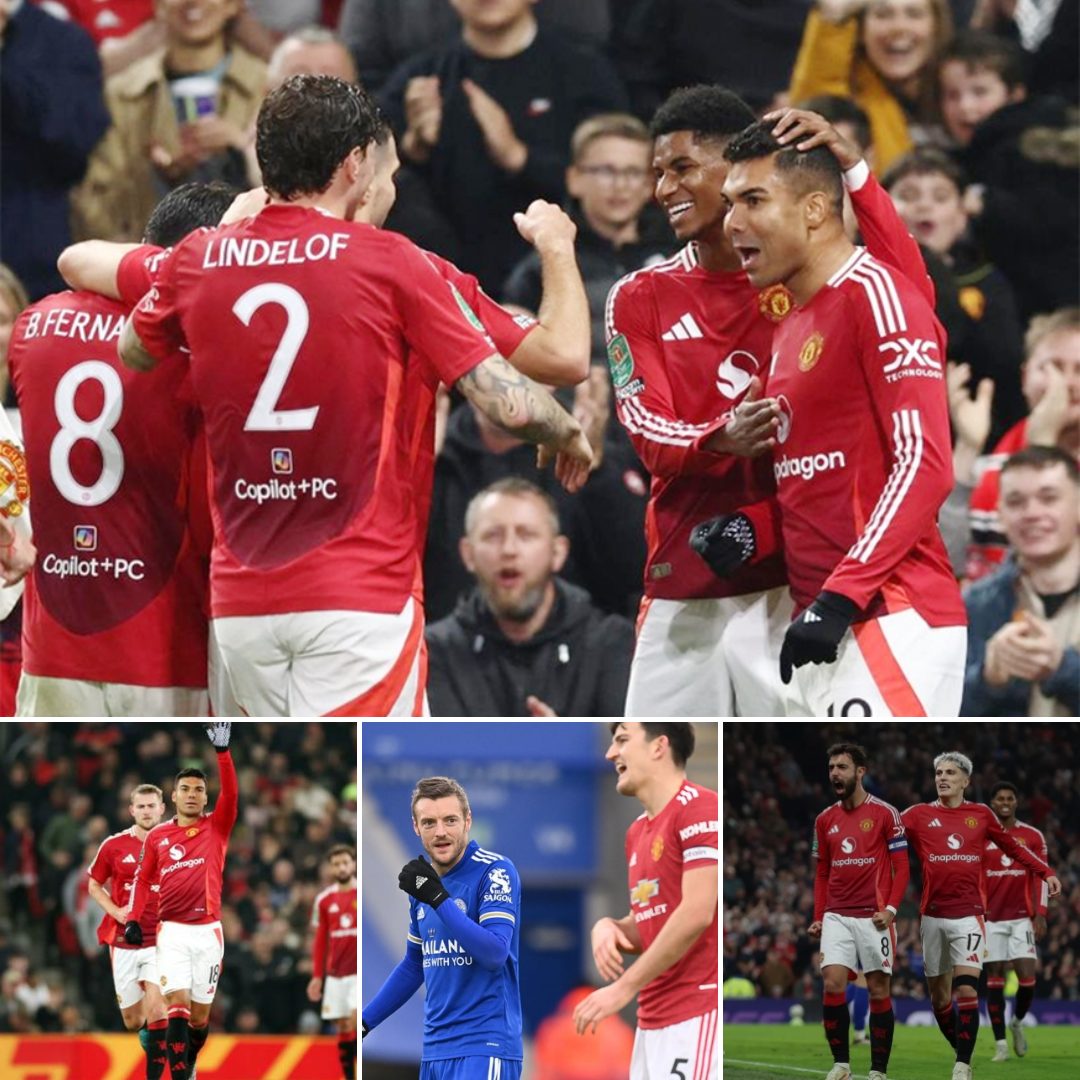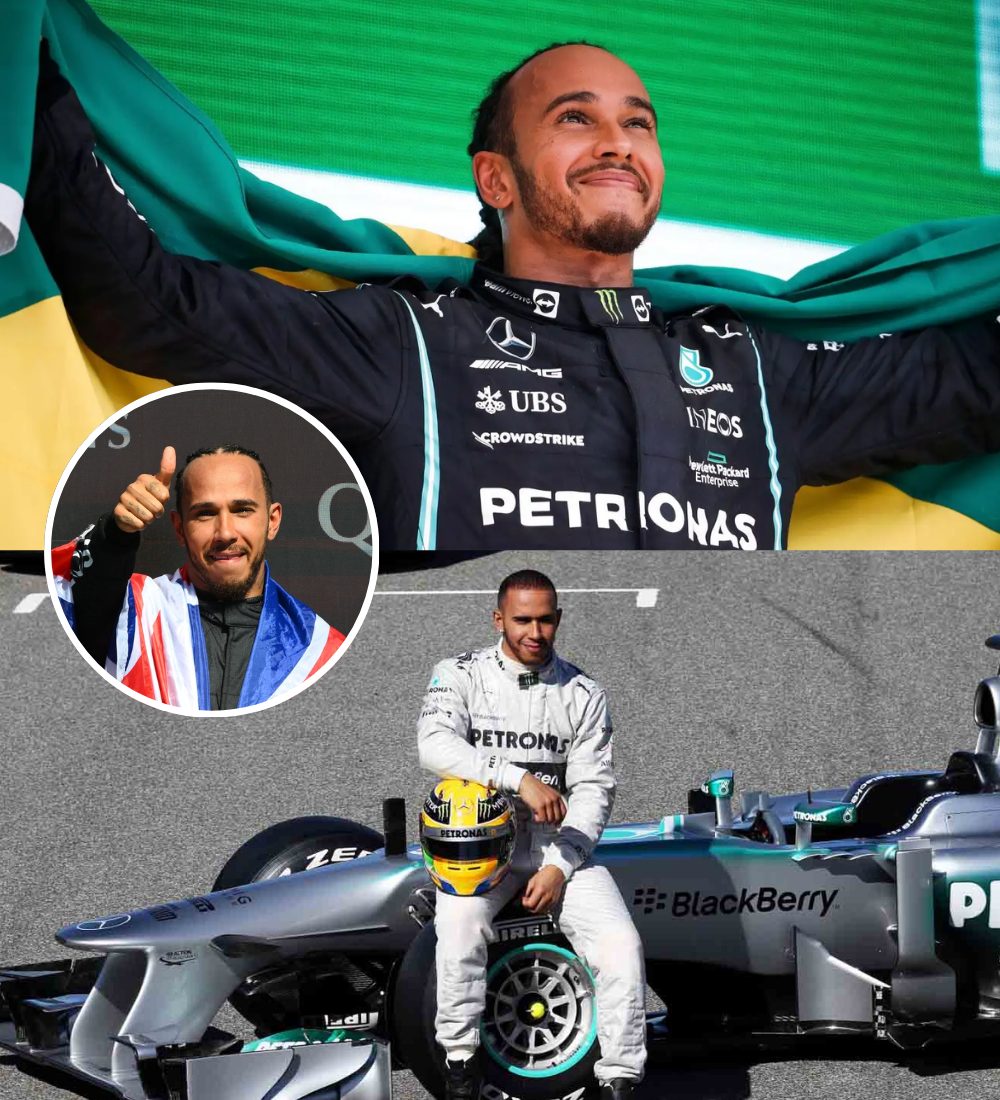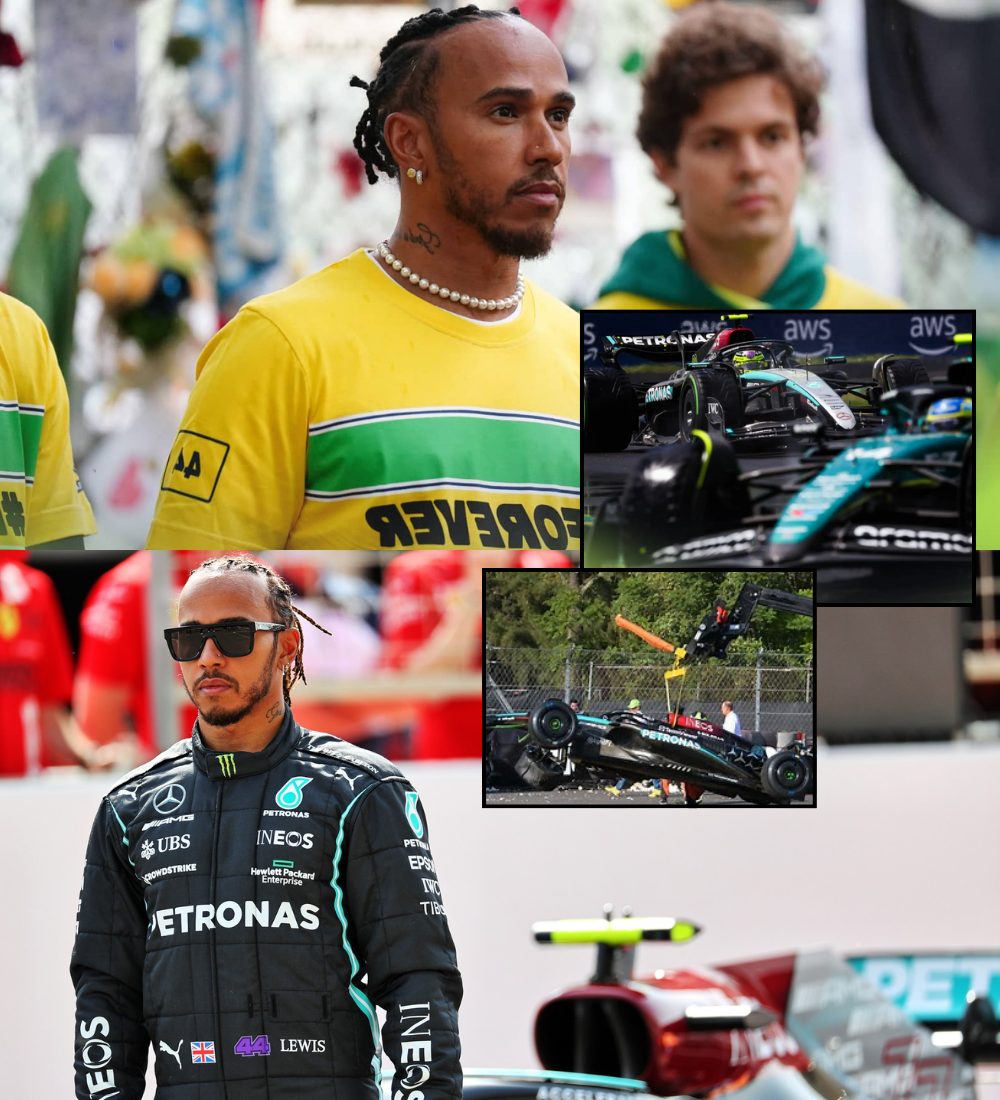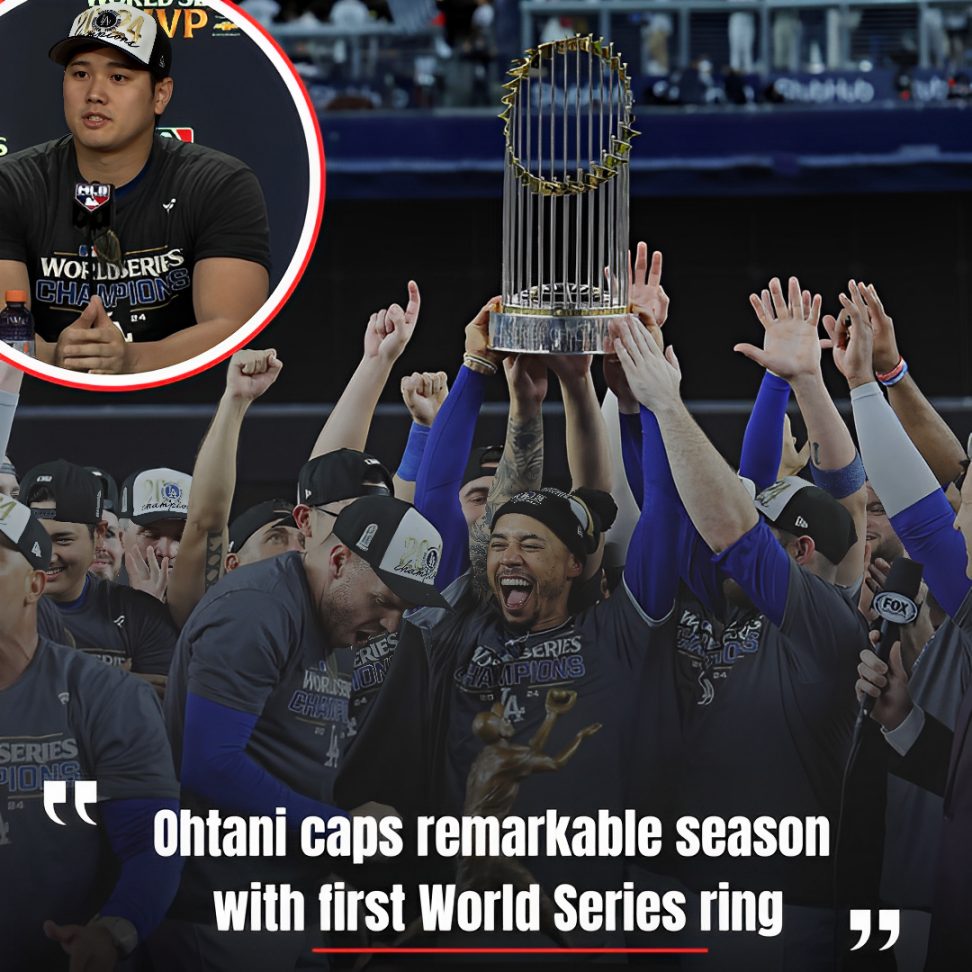Two-time All-Star guard represents franchise’s biggest trade asset if recouping draft capital is goal
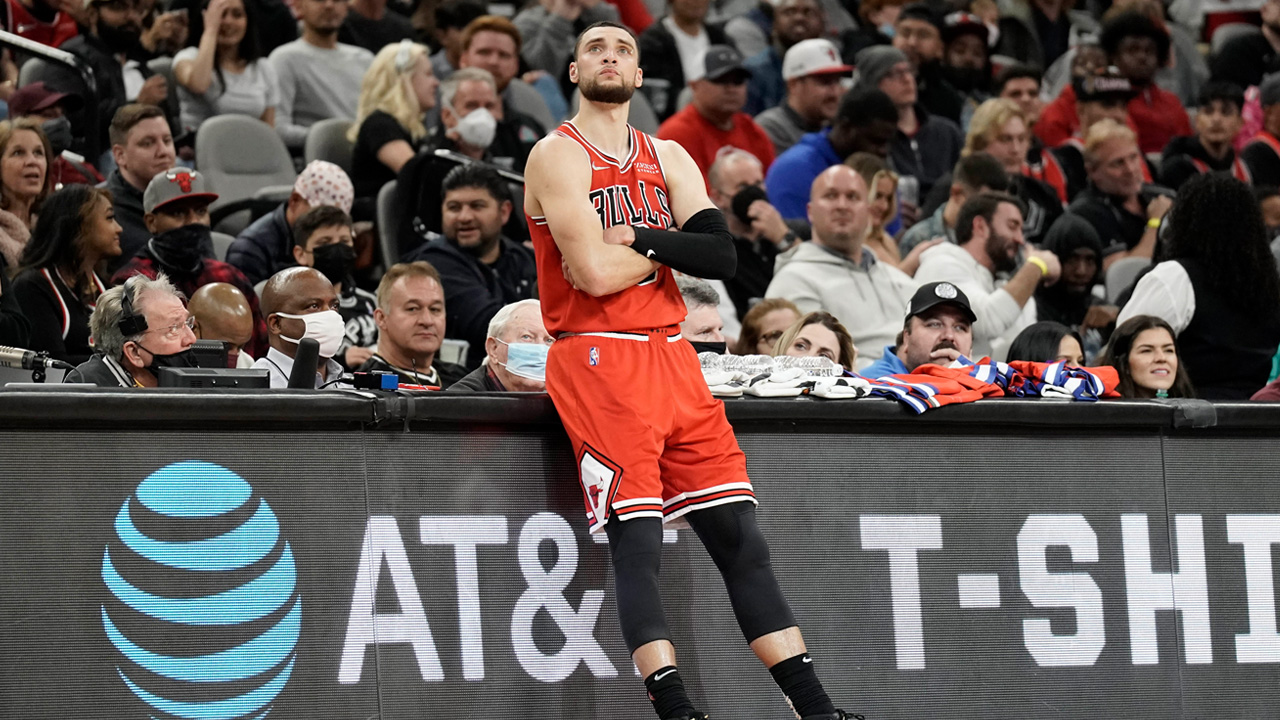
It’s NBA Draft week, and for the second time in six years, Chicago Bulls management might weigh whether or not to trade its leading scorer.In 2017, of course, that was Jimmy Butler. Now it’s Zach LaVine, who has landed in trade rumors yet again.On the one hand, given that the Bulls and LaVine aren’t even a year removed from smiles and handshakes surrounding a five-year, $215 million contract, it’s a surprising development.On the other, given that the Bulls failed to make the playoffs despite enjoying good health from its core players—-save for Lonzo Ball, of course—-everything must be on the table.Whether the Bulls are gauging LaVine’s market simply because he produces their greatest trade return or because management and the coaching staff has questions about his status as franchise cornerstone depends on who’s doing the talking. Both theories exist.But this is clear: The Bulls will face a difficult decision if the right offer arrives.This, of course, is where things get tricky. The Bulls, according to league sources, are valuing LaVine highly, as they should. He’s a two-time All-Star who is coming off a season in which he overcame a slow start to average 24.8 points per game on a true shooting percentage of 60.7 percent.One league source said the Bulls would be focused on getting a good young player, multiple first-round picks and salary filler if they decide to trade LaVine. Another said one first-round pick and an established, high-end player might be sufficiently intriguing.Regardless, it’s a big week for the future direction of the franchise. Even if LaVine isn’t dealt, one wonders how he’ll react landing in trade rumors yet again.Here’s what Artūras Karnišovas said about LaVine in Karnišovas’ season-ending exit interview on April 15:

“Zach had an unbelievable second half of the season. He’s back to ‘Healthy Zach’ and he averaged 25 points a game as a high-efficiency scorer. Obviously, the example of Toronto game, we don’t win that game without Zach. He was a huge part of it and the way we won the game in the second half. He’s done very well for us.”
LaVine easily represents the Bulls’ biggest trade asset. He has four seasons left on his contract in an NBA whose salary cap will be rising over the coming years. He’s a dynamic scorer whose defense has improved.
Gauging his market simply could be an acknowledgement by management of the limited pathways to extract themselves from their current situation, particularly with Ball’s $20 million deal sitting as dead cap space for now.
Currently, the Bulls own no picks in Thursday’s NBA Draft. They still owe a first-round pick to the San Antonio Spurs from the DeMar DeRozan sign-and-trade acquisition. And if management resigns Nikola Vucevic, Coby White and Ayo Dosunmu, as Karnišovas said he desired to do, they wouldn’t be able to use their full midlevel exception without entering luxury tax territory.
That last fact is why it’s so difficult to envision management running it back. To flirt with the luxury tax for a team coming off a non-playoff season seems incongruous with the way the Bulls have operated historically.
The pending Bradley Beal trade to the Phoenix Suns left the Miami Heat as a potential suitor looking to upgrade scoring and starpower. But it’s well documented that, for now, the Heat are focused on whether or not Damian Lillard finally agrees to leave Portland.
The futures of these big names, and perhaps others, will come to a head this week.
LaVine and White represent the only players left from the roster Karnišovas inherited from John Paxson. Coincidentally, LaVine arrived in that 2017 Butler trade.
Six years later, the Bulls have arrived at another possible crossroads.

